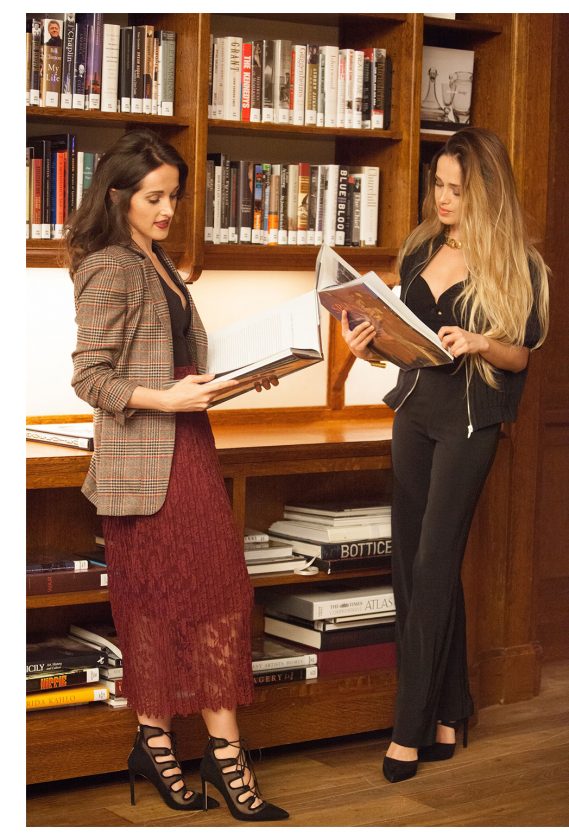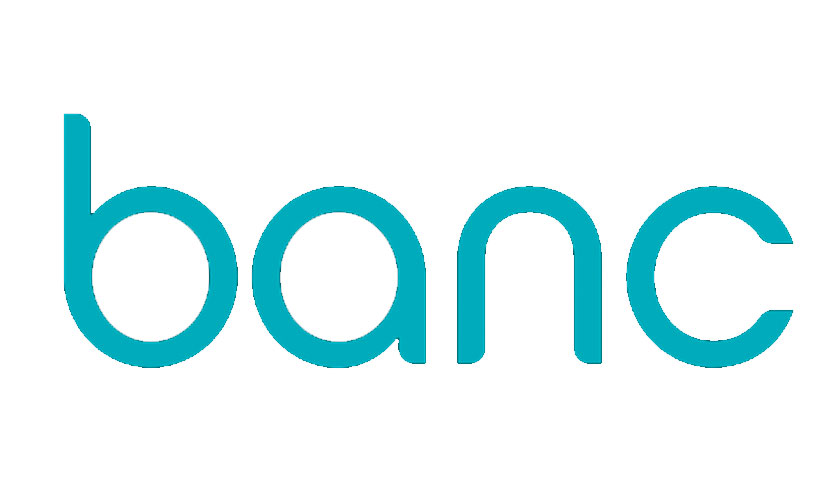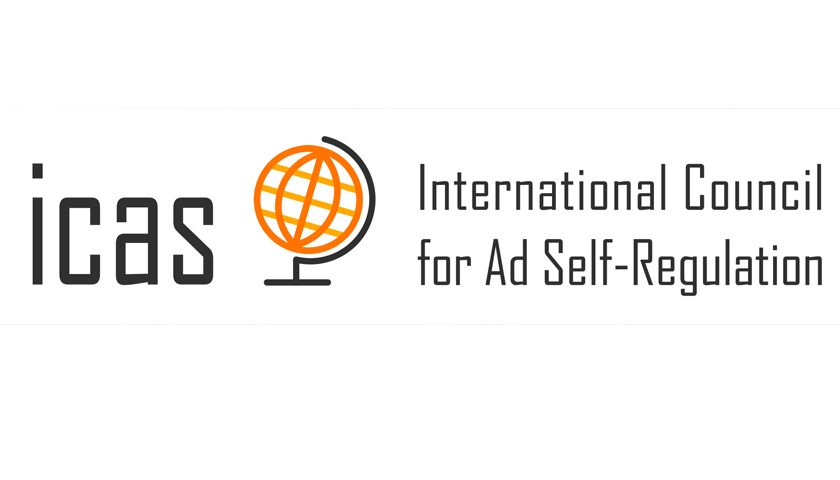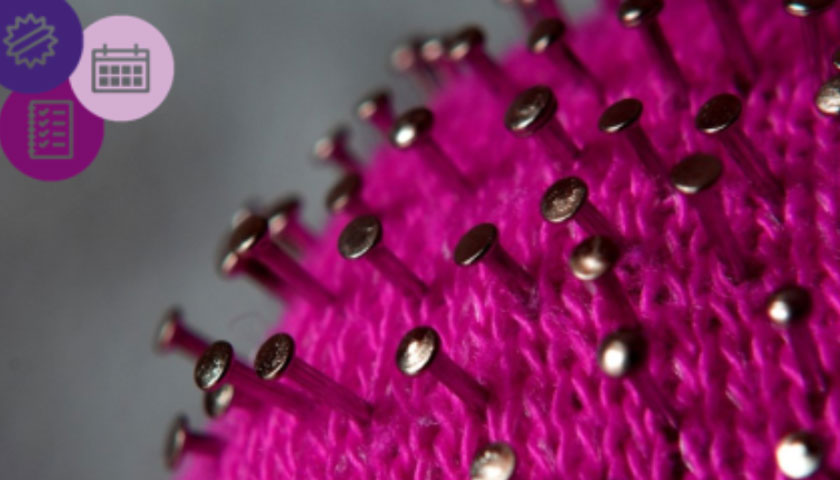Welcome to the first of out Marketing in the Time of COVID-19 interviews. We have some amazing and interesting interviews coming up but are starting with an amazing one with Elma Beganovich, founder & COO of Amra & Elma, influencer marketing agency.
Ms. Beganovich leads A&E’s efforts in building the list of world renowned partners and clients. Her area of expertise includes identifying roles that A&E can play for a variety of brands in different industries, as well as developing terms and scope of those partnerships. Ms. Beganovich holds a B.A. in Government and French from Georgetown University (2007) and a J.D. from University of Miami Law School (2011). She attended Georgetown University School of Law for the LLM program in Securities and Financial Regulations (2012) and is a New York barred attorney. Ms. Beganovich is one of the top New York City’s lifestyle influencers with over 1 million followers across her social channels. She has been named as a leading influencer marketing expert by Forbes, Business Insider, Financial Times, Entrepreneur, Bloomberg, WSJ, ELLE Magazine, Marie Claire, Cosmopolitan, and many more. Her clients include Fortune 500 companies like Johnson & Johnson, LVMH, Procter & Gamble, Uber, Nestle, HTC, Huawei and more.
Can you tell us a bit about yourselves, your business and what you do day to day?
 A&E is a digital agency, which works with Fortune 500 and other industry leaders such as EssilorLuxottica, Nestle, Huawei, Johnson & Johnson, and P&G and focuses on influencer marketing. Our other services include product photography for eCommerce and social media, social media management, event organizing, and marketing reports, e.g., influencer pricing models, social media competitor analysis, and branding guidelines.
A&E is a digital agency, which works with Fortune 500 and other industry leaders such as EssilorLuxottica, Nestle, Huawei, Johnson & Johnson, and P&G and focuses on influencer marketing. Our other services include product photography for eCommerce and social media, social media management, event organizing, and marketing reports, e.g., influencer pricing models, social media competitor analysis, and branding guidelines.
Amra is an economist, graduated from top of her class at George Mason University, and I am a barred attorney, graduated at the top of my class from Georgetown undergrad, and then attended UM for Law School for my JD and Georgetown Law again for my LLM in Securities and Financial Regulation. We left our traditional career paths and embarked, unknowingly, into the world of social media and influencer marketing.
Amra leads our technology side, from overseeing server experts to front-end developers, and I focus on working with our business development and PR teams. I think part of the job description so to speak of founders is to be multifaceted – whether that is Amra jumping into the role of a creative director at meetings or me jumping in and working on pricing models with our accountants.
Has COVID-19 changed how you are doing your business?
I think COVID-19 has tremendously impacted the marketing industry albeit it may be for the better – at least for us, at least for digital marketing. We are creatures of habit, and one of the biggest expenses and barriers to any new technologies is trying to educate the consumer and have the consumer switch habits. With COVID-19, many consumers, including the older generations like baby boomers, became educated in online shopping. Hence, brands saw the need to increase their digital marketing spend. While, on average media spending is down 30%-40%, the number of eyeballs on social media is up at least 50%; for example, in late March, Facebook reported that in places hardest hit by the virus, Facebook Live and Instagram Live views have doubled. Overall, many campaigns have been put on pause while brands make plans to increase their digital spending.
With many traditional shops closed how has this affected influencer marketing?
Influencer marketing industry has been struck hard like the rest of the marketing industry; with that said, many brands have been reconsidering their marketing channels, e.g., outdoor advertising, and planning to shift much of the media spend on digital. Influencers of course fit beautifully into digital marketing because their operations are very slim, and they can produce and distribute content without having to leave their home.
Have you seen a change in demand?
Absolutely, we have seen a change in demand – the world has been put on pause with so much uncertainty. With that said, we work with our clients on plans how to continue operating and talking to customers without being tone-deaf during this “new normal.”
What are your thoughts on the importance of ethics within marketing, especially as causes are becoming seen as more important, and can make or break campaigns or people’s views on influencers?
We think ethics within marketing are extremely important as any brand’s strategy is like a marathon, not a sprint. If the consumers, at any given point, think that that the campaign is unethical – or unauthentic – data[1] says that 56% of consumers will stop buying from brands they believe are ethically unconscious and 91% of consumers will likely switch to a brand that supports a good cause, given similar price and quality. Hence, long-term, it only makes sense to be ethical and aligning the brand’s values with those of customers.
For influencers, it’s such a nascent industry that rules and regulations are just emerging, e.g., with the FTC mandating that companies ensure their partnerships with influencers are disclosed to the customers. Also, it’s important for brands to understand how to vet through influencers, not all influencers are equal – with some having deep industry recognition and respect unlike others. It’s because of these common pitfalls such as understanding each industry and who is the true epicenter of influence within that industry that make it extremely important for brands to hire an agency or internally someone with qualifications and experience that can provide strategy long-term.
Do you think the changes in both your business and marketing will continue after COVID-19?
Yes, as I mentioned above, I think spending on digital marketing will only increase with time as consumers, from baby boomers to Gen X, are now educated in online shopping and Millenials to Gen Z are getting older and are already accustomed to ordering through apps or on desktops. Brands will have to adjust with consumers spending more and more time online and understanding the value of shopping online – the ease and convenience of a few clicks getting the items you need right to your doorstep.
Can you tell us a bit about how you measure the success of an influencer campaign and whether you’ve used different ways to measure in the current situation?
How to measure ROI in influencer marketing ultimately depends on the brand’s goals – what Key Performance Indicator (KPI) does the brand value the most? There are several KPIs that brands can use to measure the success of an influencer campaign such as follower growth, impressions, forms filed out, #hashtags used, content produced, promo codes used, brand perception, store foot traffic, or traffic referred through customized links. It’s important to work with an agency or an internal team that understands the ultimate goals of the brand – what problem is the brand trying to solve? All of the aforementioned KPIs can be used currently with the exception of measuring a store’s foot traffic because of the current situation and restrictions imposed by COVID-19.
Could you tell us something we don’t know about your form of marketing?
Absolutely – I think what many brands, even marketers, do not realize is how much the influencer marketing industry has evolved from the available technologies, e.g., Instagram’s Insights and Analytics and the use of swipe-ups to track the ROI, to available strategies. It’s not just about picking an influencer or two and rolling out one or two sponsored posts. It’s about understanding the variety of strategies available from influencer trips and events (pre-COVID) to Instagram and TikTok #challenges (post-COVID) and sparking a movement and excitement through the clever use of social media strategies.
Do you have a favourite ethical marketing campaign that you would recommend people look at, and who influenced you?
Yes, one of our clients, Huawei, partnered with Rainforest Connection, a California based NGO deeply involved in environment conservation in the Amazon. Rainforest Connection used Huawei’s recycled phones to make guardian devices that track illegal logging in the Amazon. Part of the campaign was for influencers to call upon their followers to upload photos with their non-traditional Christmas trees (part of the initiative was to save trees as well). In return, Huawei would donate $1 for each photo uploaded to Rainforest Connection. There was also giveaway prizes involved to encourage followers to upload more photos and participate in the initiative. It was a really great way to see how technology and conservation work hand in hand to protect our planet and fight CO2 emissions.
Lastly what’s next in influencer marketing, and what are you up to next?
I think for us as a digital agency, we are really excited to follow the development of new technologies that enable influencer marketing to be taken into new directions – whether it’s for influencers to partner with brands and set up their own shops on Instagram or for influencers to set up their own eCommerce shops using the likes of Shopify to monetize on their following.
We are so grateful to Ms. Beganovich and A&E for taking part in the first of these series of interviews. please visit A&E here to see the work they do.
[1] Dopson, Elise. “7 Cause Marketing Examples that Will Inspire Your Social Media Strategy.” sendible.com. Sendible, 31 October 2019. Web. 1 May 2020.
Photo’s supplied by https://www.amraandelma.com/



